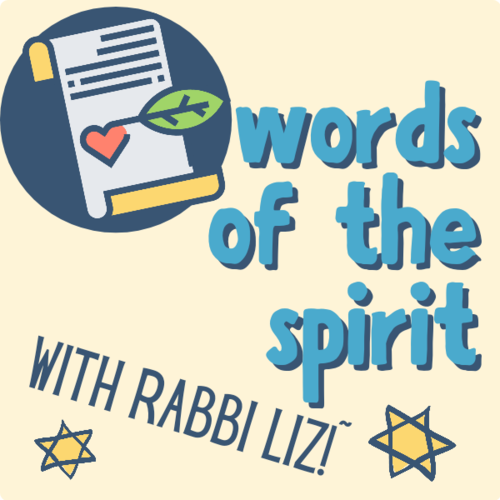Words for the 20th Yartsayt of Yitzhak Rabin
29/10/2015 03:11:52 PM
| Author | |
| Date Added | |
| Automatically create summary | |
| Summary |
On the night of Saturday November 4, 1995 (12 Heshvan 5756), Israeli Prime Minister Yitzhak Rabin traveled to Kings’ Square in Tel Aviv, where tens of thousands of supporters massed to assure him of their enthusiastic support for his peace efforts. They rallied with wild enthusiasm under banners that proclaimed “Yes to Peace – No to Violence.”
After his speech, and the rally’s closing song, Shir Lashalom (Song for Peace), a young Jewish student wheeled out of the darkness and shot him in the back. Rabin, the hero of war and the soldier of peace, was critically wounded. A short time later, he died of his wounds. The peace process also received a mortal blow.
I was terribly shaken by this assassination, a declaration that may appear either odd or redundant to you. As a young politically active person, I had never strongly identified with heads of state or with party politics. So I never imagined that I was someone who would be cut to the core by such an event.
Like so many times in the past twenty years since this tragic act – an act explicitly informed by a religious imperative from our precious heritage – it is easy to feel despair and hopelessness. Perhaps that’s okay, as a classmate of mine from RRC who made aliyah wrote the year of Rabin’s 7th yartsayt: “I decided last night that yom hazikaron l'yitzhak rabin (Memorial Day for Yitzhak Rabin) is the one day a year that I can allow myself to lose hope, as it is a little too much to ask to remain optimistic every single day.”
In these times, it may well become more and more difficult to remain optimistic every single day. And yet, when it comes to the challenges facing all of the peoples living in that land, we can, and must, stave off the hopelessness, and override the impulse to say it’s too much, too complicated, or too messy for us to engage. Our silence is deafening. Its echo is complicit with hopelessness.
We dishonor the memory of the man who came to see things differently, if we refuse to see things at all. Yehi zikhro barukh – may his memory be for a blessing.
- Rabbi Liz
Tue, 8 July 2025
Special Messages from the Rabbi
Privacy Settings | Privacy Policy | Member Terms
©2025 All rights reserved. Find out more about ShulCloud







